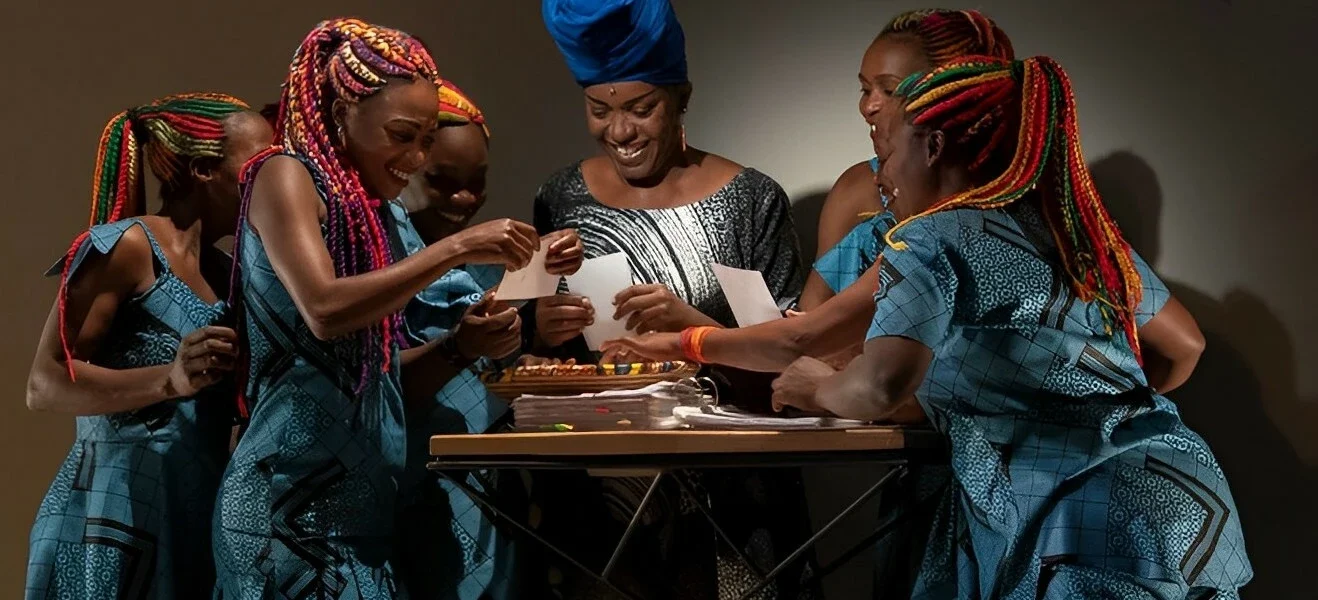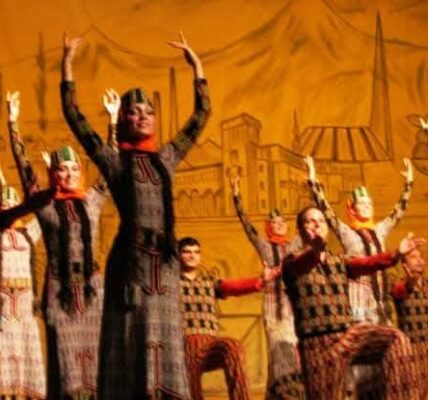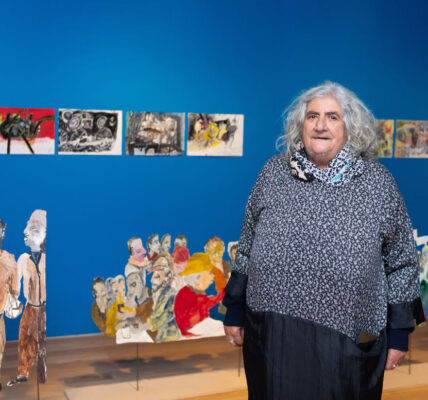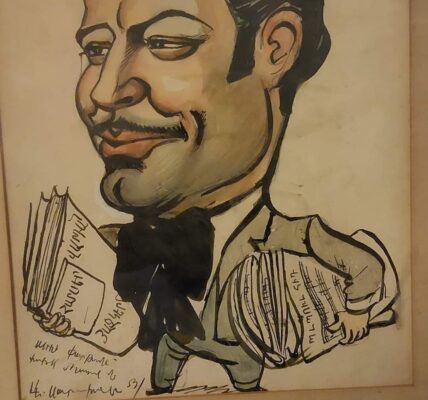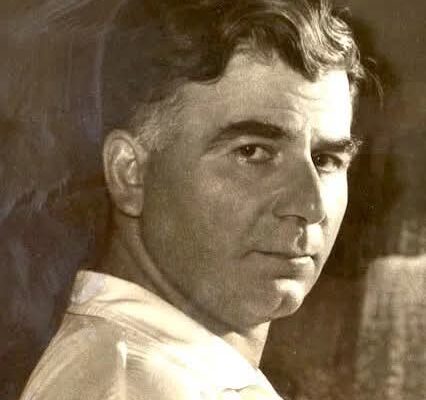Every year, on March 27th, the day dedicated to the theater is celebrated with experts, actors, writers, and others who have a connection with the theater
It is difficult to determine the exact history of the play because what we would call the “actual play” is not well known. There are signs that a certain game is a play. From the point of view of the European theater, the written play follows the rule of three: the unity of action, space, and time, and the separation of actors and spectators. Therefore, those who analyze the history of Rwandan theater find that it is not easy for anyone to confirm that Africa, especially Rwanda, has been the birthplace of theater
But even though Rwandans did not know how to write, they had the originality to compose and memorize things without difficulty. So there is no doubt that Rwandans were blessed with that tradition, and they were completely removed from the drama
However, experts believe that the drama started with the existence of man. The way people lived on the rocks, eating the fruits of the forest and the raw meat of prey animals, they saw it all as a drama. Following Jesus, at the beginning of Christianity, during the Christmas festival, they acted out the life of Jesus in small groups and invited friends. Even if they believed in Easter, they were playing on the suffering of Jesus Christ
There was a traditional drama in Rwanda, where Rwandans were found, in which Europeans observed the process of the king’s enthronement, and there was a great ceremony, as well as other processes that were observed for the king: When grandparents like this go to the shelter or elders’ homes and refuse to leave, those who understand the drama say that all rituals associated with traditional religions are a type of drama. Wedding feasts, sacrifices, vows and vows, tree-burning festivals, cattle drives—inviting people to dance and socialize, you take the word for it, and thus people are happy, as well as other recreational games that are considered traditional theater
When the Europeans arrived in Rwanda, there was a time to imitate European dramas. Those who left school have seen the nature of European theater. If Molière, Corneille, Racine, or Shakespeare were played, Rwandans who managed to get to school were eager to imitate the play they saw and listened to
The stories and minors where they were primarily teaching languages came to the fore in the seminaries. The eligible drama started in Europe, in Africa, and schools in West Africa. Schools that are well-known for having played an important role in the development of African theater include the William Ponty School, which was built on the island of Gore, near Dakar, and was founded by Sharire Beyari (Charles Béart), an expert in teaching theater, in the year 1930. Another well-known school is the “Ecole Primaire Supérieure de Bingerville” in Cote d’Ivoire (Côte d’Ivoire), which was founded in 1913
In Rwanda, the first play in the whole country was founded in 1954. The play started with Saverio Nayigiziki in a play called “L’optimiste”, where he gave hope that everything is possible. In 1968, a play called “Diosezi y Imvejuru izgondera Seminari?” was written in the Rwandan language and performed in Rwanda. After that time, drama was appropriate in schools, especially those of the monks
Dramas appeared, dealing with many topics in real life: love, culture, education and training, past and present wars, development, and money. In addition to these points that have been focused on, some writers have criticized the unfair behaviour of the teacher or the student
